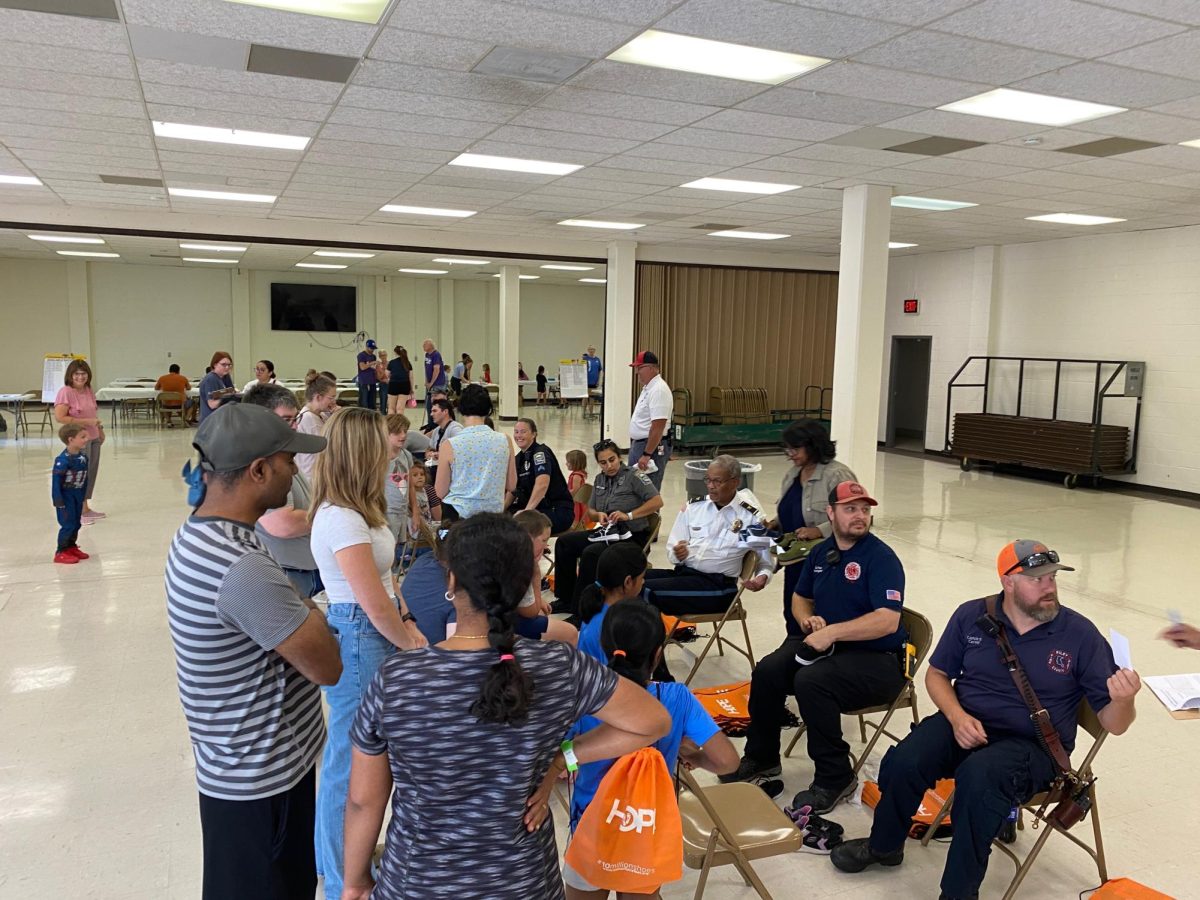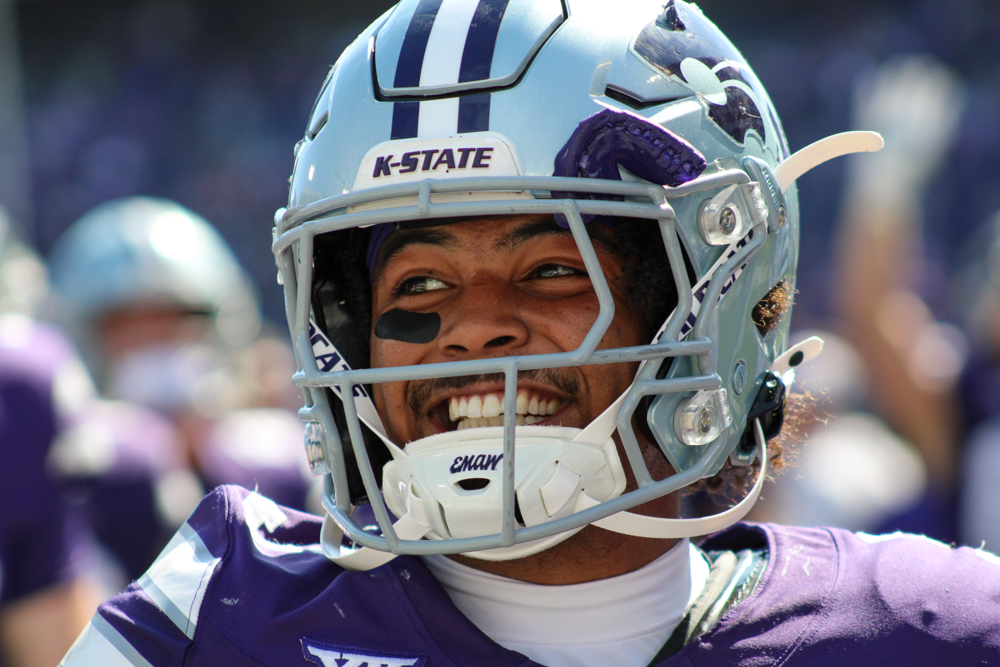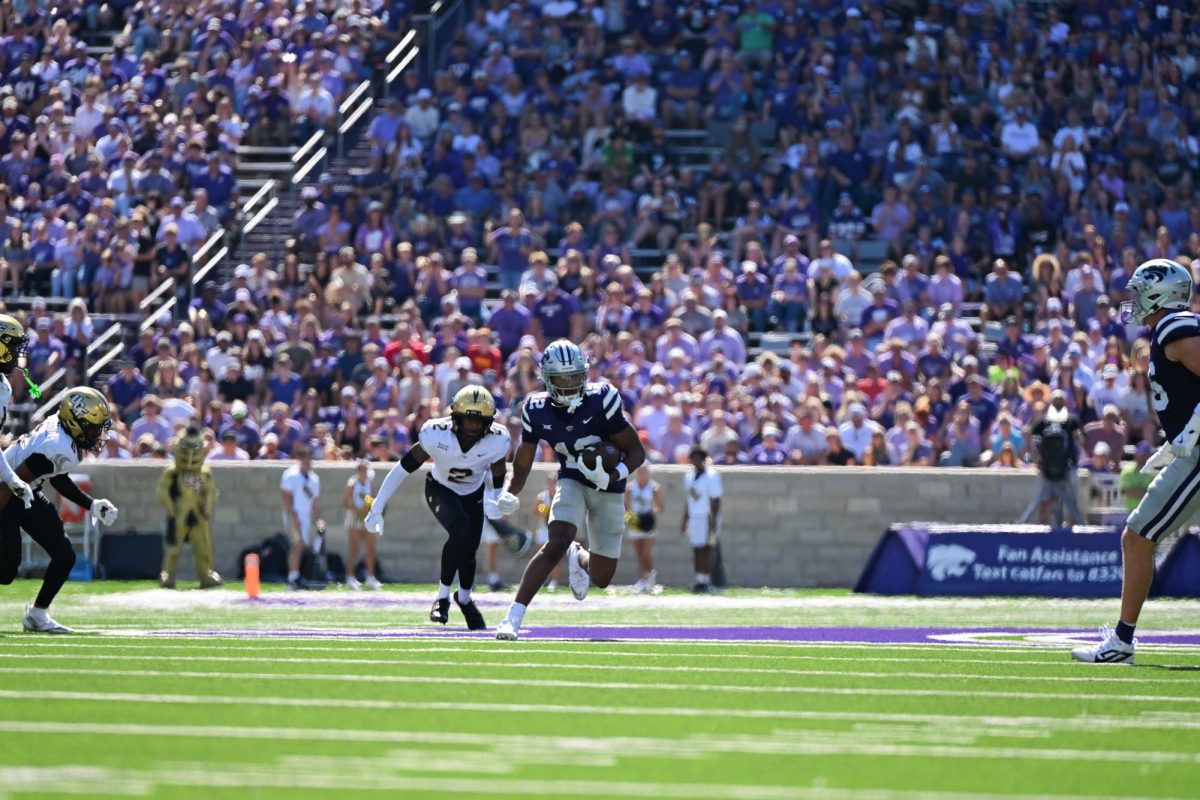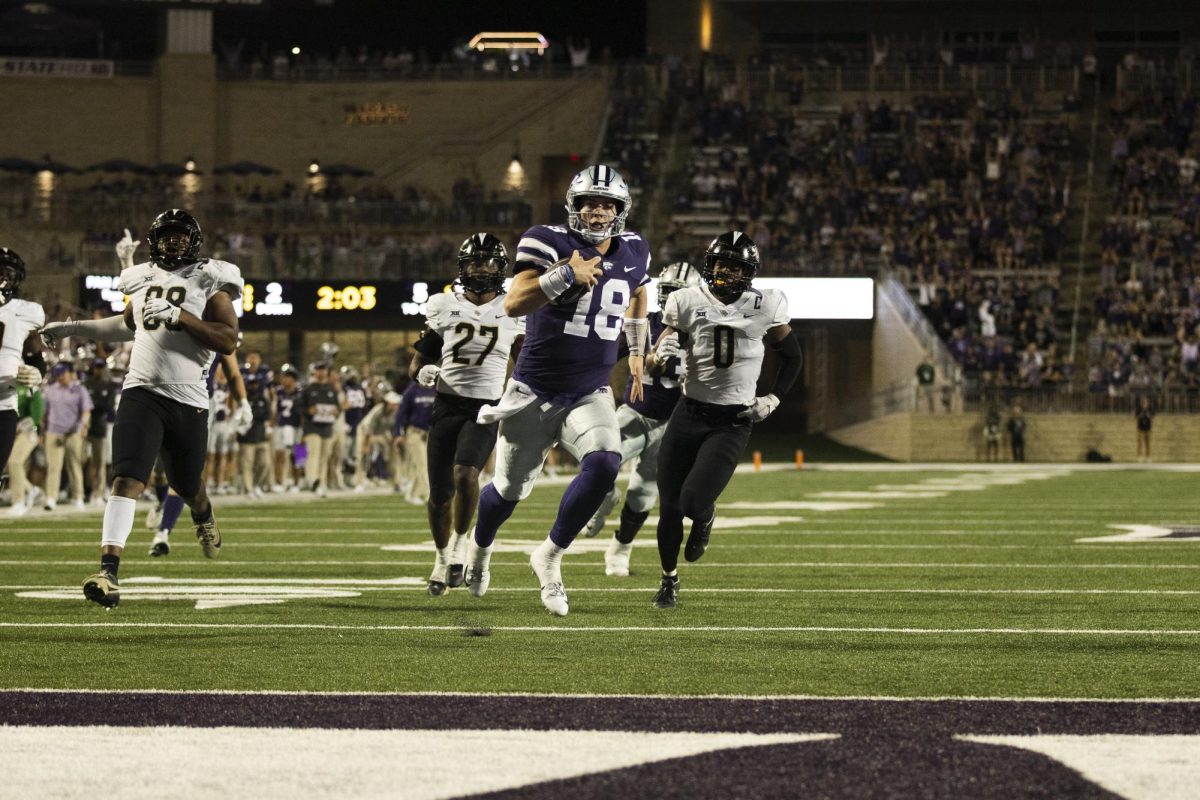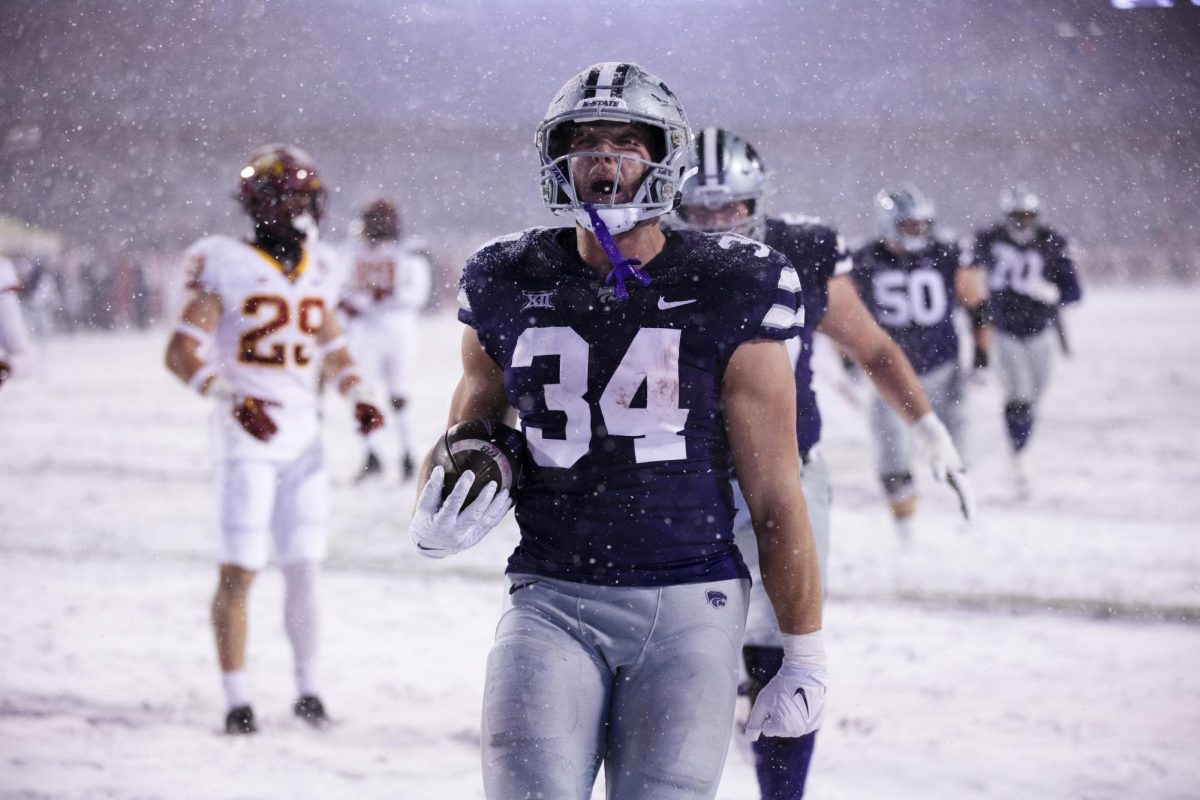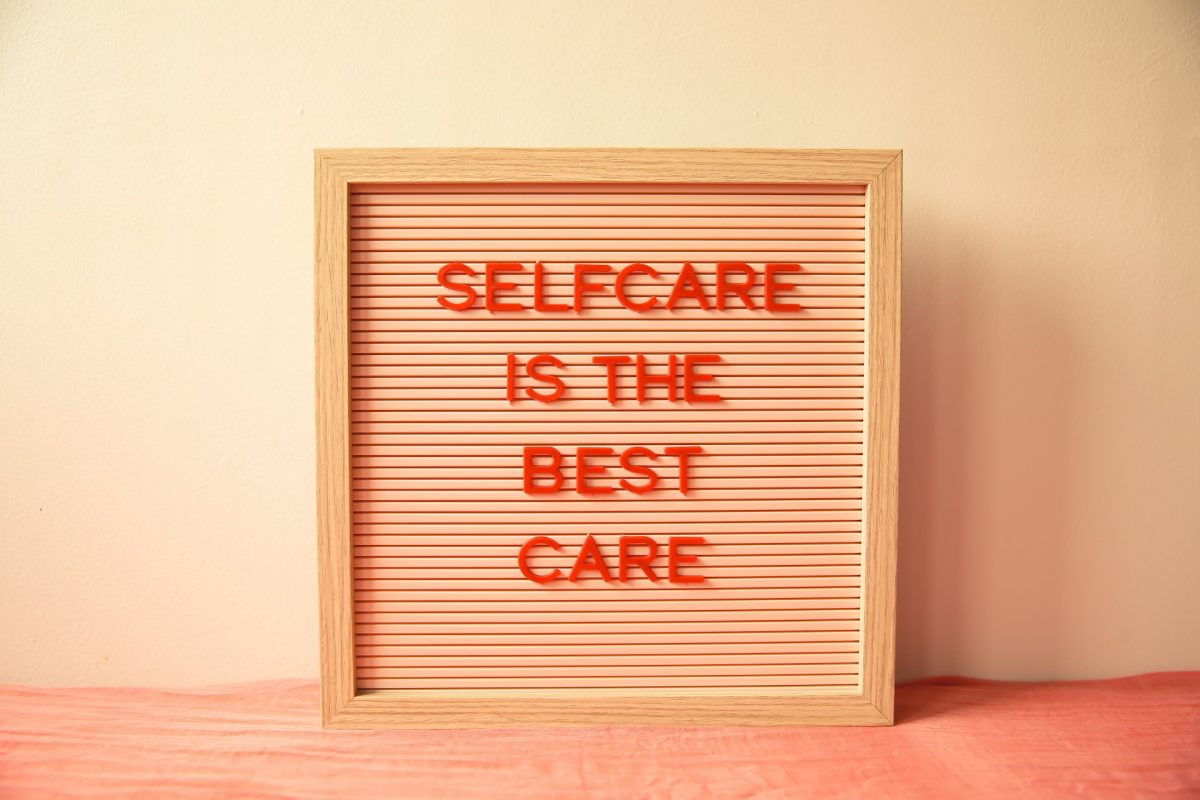Universities and colleges are considered safe places where students focus on learning and preparing for their future. However, these places also experience accidents that can have lasting effects. While most discussions revolve around immediate physical pain and medical bills, there are hidden costs that directly affect students’ careers and personal growth. Below are three hidden impacts of campus accidents on students.
1. Interrupted Learning and Lost Career Momentum
One of the most significant effects of accidents on campuses is the disruptions they cause to the learning process. Injuries from vehicles or laboratory incidents can force students to fail to attend classes or participate in laboratory work. This interruption delays production and slow career momentum in several ways.
For instance, missing classes for many days results in failing grades or academic probation. Those in highly technical fields like engineering may experience gaps in knowledge if they miss training sessions. Many learners also rely on internships and sponsorships to enhance their resumes. Getting injured during a critical year may force them to miss these chances, which affects their learning progress.
Falling even one semester in industries where experience is important means missing out on recruitment cycles or graduation deadlines. Over time, this can create a competitive disadvantage and delay monetary independence. That is especially true in the tech, finance, and healthcare sectors.
2. Extracurricular and Athletic Setbacks
Sports and other extracurricular activities are important for many education centers. These sports give learners leadership opportunities, scholarships, and personal development, which shape their resumes and character. Unfortunately, campus accidents can put these opportunities at risk, leading to missed opportunities and delayed portfolio development.
A torn ligament or concussion can sideline a player or end their sports career. Those involved in acting or dancing may also miss auditions due to injuries. College sports also serve as a foundation for lifelong professional networks. However, being absent from these communities can limit access to mentors and professional connections.
Students and families may be faced with academic extensions and medical bills during such setbacks. In such situations, getting guidance from trusted attorneys serving Kansas communities can be invaluable. Law professionals can help students protect their rights and appeal for financial relief. They also ensure students don’t lose opportunities while focusing on recovery.
3. Emotional and Social Disconnection
University years are meant to be a time of exploration and community building. But when an accident disrupts this experience, the psychological effects can be severe. For instance, the extended rest needed for recovery can make students unable to participate in campus events. This leads to loneliness and disconnection from peers.
Students show that students recovering from serious injuries face a higher risk of depression and stress. These effects create learning problems, which leads to underperformance and mental strain. Athletes or leaders may also face a sudden loss of identity when they cannot participate in their roles again. This results in loss of purpose and low self-esteem.
Endnote
Campus accidents can lead to serious effects like delayed learning and social fallout. Each of these factors can impact personal growth and professional development. Acknowledging these hidden costs is essential for universities and policymakers to invest in robust safety programs.



















